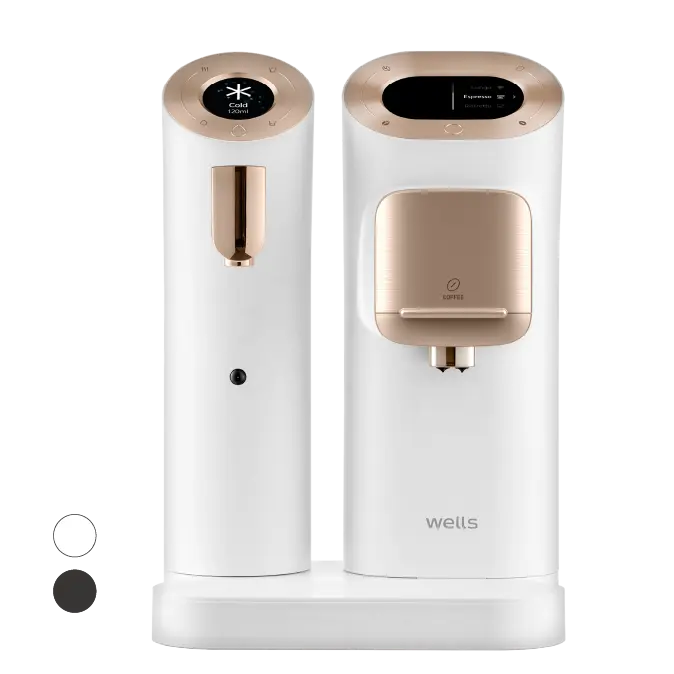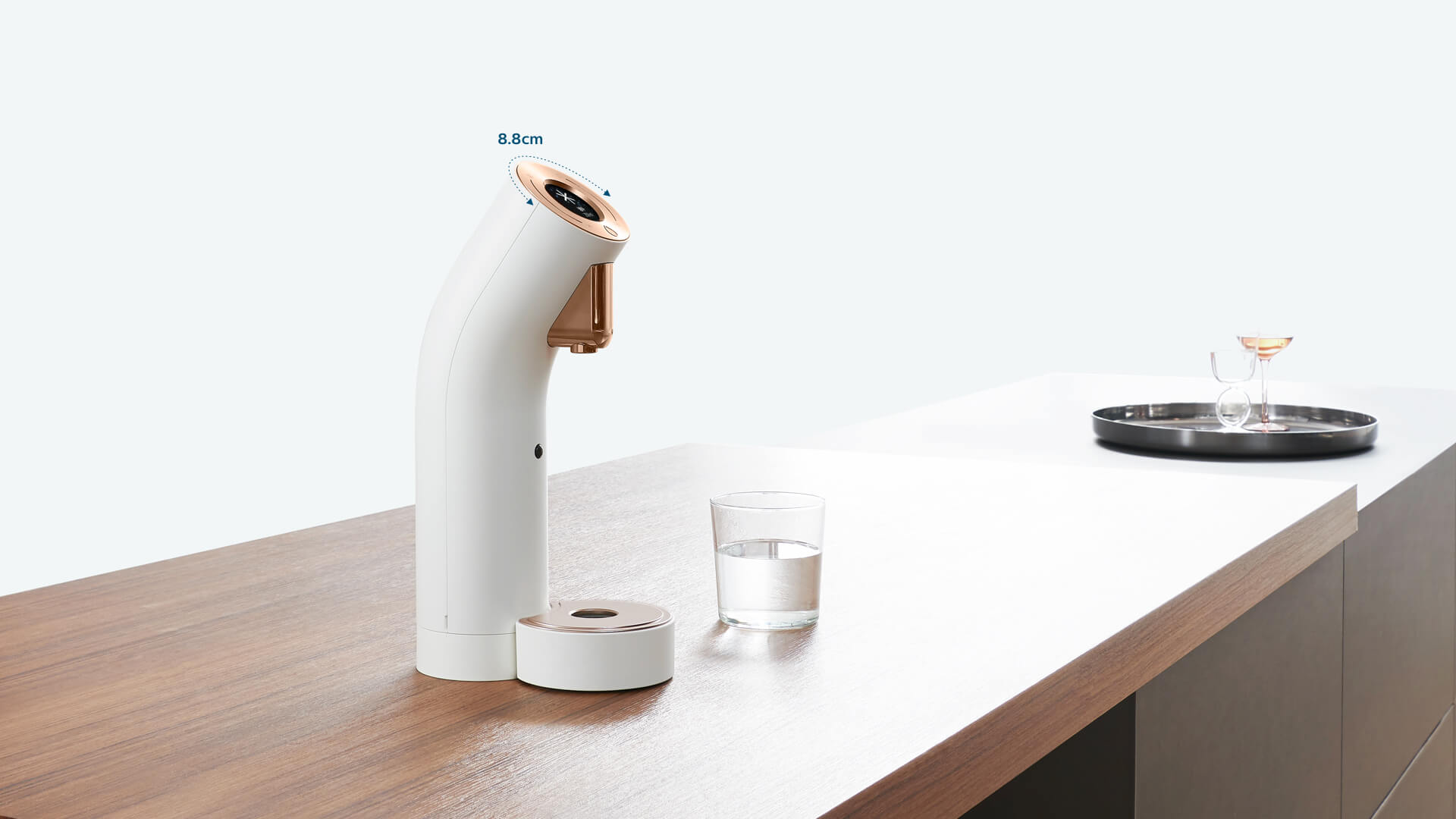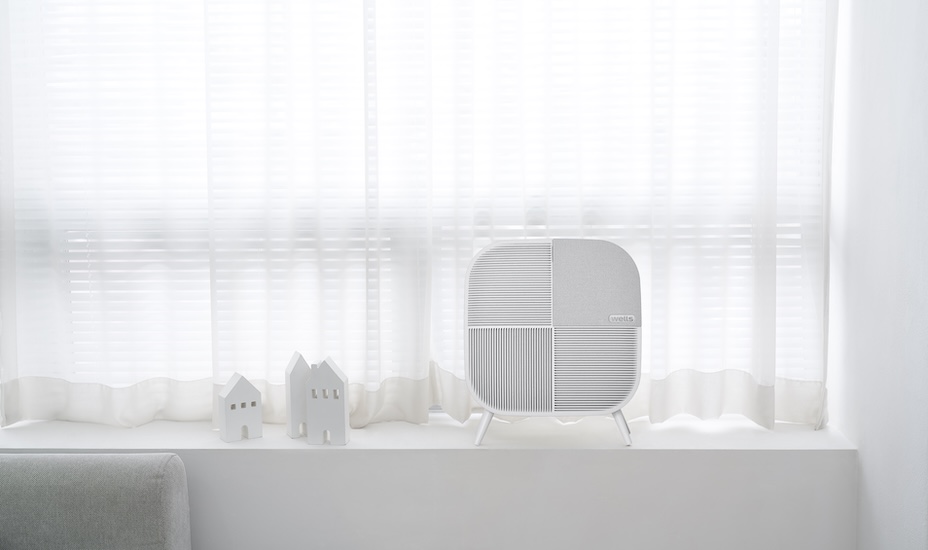Air purifier usage has surged recently as pollution levels have increased, and people are now more aware of the dangers of inhaling polluted air. With the explosion of urbanization everywhere in the world, industrial activities and a growing population have resulted in more toxic chemicals in the air we breathe than ever before. As a result, many people have looking for ways to purify the air inside their homes, making air purifiers more popular in houses and businesses.
Four types of air purifiers are designed to capture different pollutants and improve air quality in their respective ways. The Common types are:
- HEPA (High-Efficiency Particulate Air) Filters: HEPA is the gold standard for air filters. They can capture particles as small as 0.3 microns in size and remove not just debris but also submicron particles such as allergens or pathogens from the air.
- Activated Carbon Filters: Effective at absorbing odors, gasses, and VOCs associated with smoke, fumes, and other chemical pollutants.
- Homemade UV (Ultraviolet) Purifiers: Virus-resistant UV light, which is highly heat-resistant, eliminates bacteria and viruses, providing an additional layer of defense against parasites.
- Ionizers: These devices emit negatively charged ions, which bond with airborne particles and cause them to drop out of the air, containing fewer particulates.
As we delve deeper into the cost and benefits of these devices, it’s essential to understand their functionalities and how they contribute to a healthier living space. Are air purifiers truly worth the investment? Let’s explore the factors that influence their effectiveness and value.
Understanding Air Purifier Costs
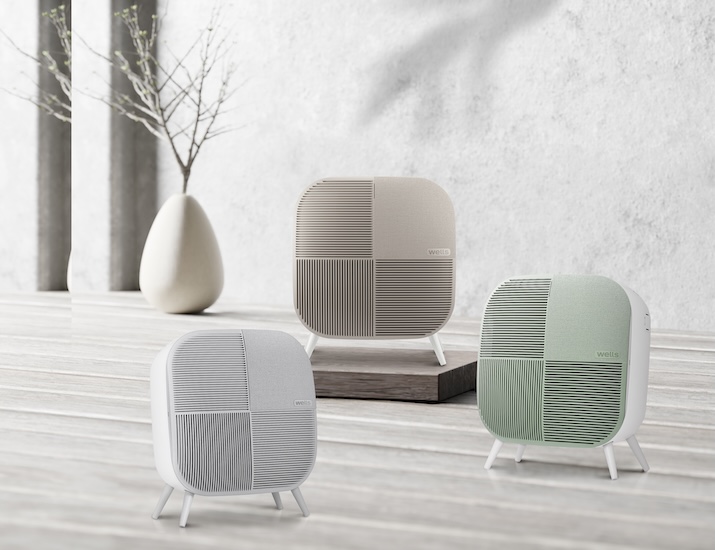
Initial Purchase Price
The price of air purifiers in Malaysia can vary by as much as 5 times, depending on the unit’s level of sophistication and technology. They are priced between RM150 (for the HEPA filters) and RM300 for basic models suitable in some of your small rooms. These come in mid-range models that have additional features such as activated carbon filters and larger coverage areas, costing around RM500 to RM1,000. The more high-end models, loaded with fancy extras such as UV purifiers, smart sensors, and air quality monitors, can run you up to or well over RM3,500 for some. This High-end model is for bigger spaces and typically gives a better all-round air purifier.
Operational Costs
If you get one of the best air purifiers to help clean indoor air, it comes with some operational costs. The main variable to consider is the amount of electricity that you consume, with most air purifiers taking up 50-200 watts per hour, depending on their size and setup. Over a month, this may have a significant impact to affect your electric bill—especially if the unit runs all day long.
The other major costs are those related to filter replacements. HEPA filters need to be replaced every 6 months to 12 monts, with prices ranging between RM80 and RM400 per filter. Activated carbon filters may need to be replaced even more frequently, thereby incurring costs. Higher-end models may also feature UV bulbs that are not only more expensive (each costing an additional RM100 to RM200 a pop) but also require changing every so often.
Maintenance expenses, such as cleaning and servicing the unit, should also be factored in. While some models are designed for easy maintenance, others may require professional servicing, which can add to the overall cost of ownership.
Hidden Costs
Air purifiers are expensive, but there are additional hidden costs to consider—higher installation costs, especially for larger or more sophisticated setups that may need professional installation. In addition, if the system is not energy-efficient, running an air purifier all the time can drive up your electricity bill. Also, consider if you need additional accessories or parts that won’t come with the initial purchase, like top-up filters, UV bulbs, etc.
Health Benefits of Air Purifiers
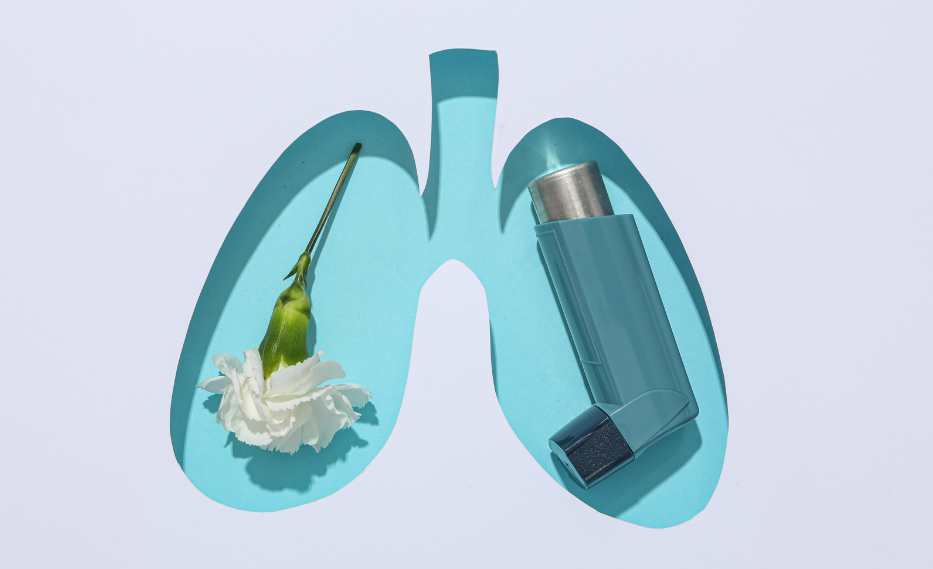
Allergen Removal
Air purifiers work wonders for removing allergens like pollen, dust mites, and pet dander from the air. For example, HEPA filters are built to trap particles as small as 0.3 microns (and most allergens are trapped in the filter). If you have allergies, these are great for reducing the allergens you breathe into your home with continuous air filtering.
Reduction of Asthma and Allergy Symptoms
Air purifiers are an absolute godsend for those with asthma or other dust-related allergies. Air purifiers are designed to reduce symptoms of respiratory conditions by removing common airborne irritants such as dust, mold spores, and pet dander. This means you should have fewer and fewer allergy symptoms like sneezing, coughing, or coughing eyes. Besides, cleaner air does not cause any stress to the respiratory system, making it possible to breathe more comfortably and promote better health.
Improvement in Sleep Quality
Good breathability for better sleep. For example, air purifiers can clean the air of common sleep disruptors like dust, pet dander, and volatile organic compounds (VOCs) to help you sleep more comfortably. Less dust and fewer allergens or asthma triggers mean smoother breathing at night, allowing you to experience fewer interruptions and peaceful sleep. Moreover, some air purifiers work silently without disrupting your sleep while they help you make air cleansers.
Economic Benefits Beyond Health
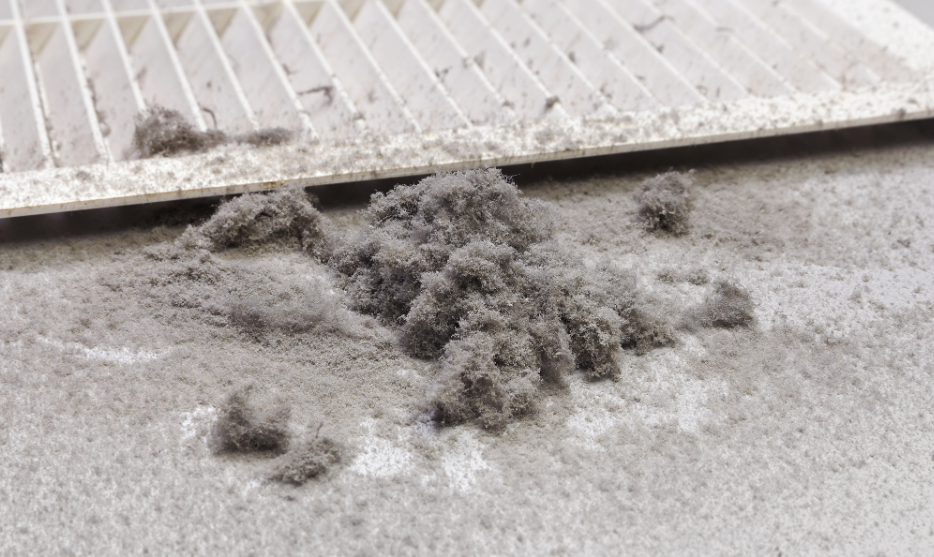
Reduced Healthcare Costs
Purchasing an air purifier will also result in cost savings from shopping for medical bills. Air purifiers can be a boon for asthma and allergy sufferers — by successfully taking allergens, contaminants, and pathogens out of the air; they can help control respiratory discomfort. Lowered medical costs can result in reduced doctor visits, less reliance on medicines, and lower hospital bills. The long-term health ailments stemming from chronic exposure to pollutants can be warded off over time, further preventing more healthcare use and costs.
Increased Longevity of Furnishings
The benefits derived from air purifiers go beyond health, as they can even safeguard the interior of your home. Over time, dust, smoke, and other airborne particles settle on furniture, carpets, and other similar surfaces, resulting in a breakdown. By lowering the dust and pollutants in the air, air purifiers help your furniture become cleaner. In addition to keeping household items looking and feeling good, this can increase the useful life of your furniture and other things you own, so there will be less frequent occasions for cleaning or repairs or replacements, thus saving you money all down the line.
Quality of Life Enhancements
Comfort
Living in a house equipped with improved and purified air significantly enhances comfort. These air purifiers eliminate dust, allergens, and other pollutants, resulting in a cleaner and fresher environment to breathe in your room. This improves the process of taking in air and minimizes irritation to the eyes, nose, and throat, creating a more pleasant living space. Whether you are likely to relax, work, or sleep, cleaner air contributes to overall happiness and comfort.
Odor Elimination
One of the many key advantages of air purifiers is eliminating bad smells. Any odors you notice will likely be removed by the activated carbon filters that absorb smell molecules from cooking, pets, smoke, etc. Air purifiers clear up much of this and help keep your place smelling fresh and welcoming.This improves your quality of life better and creates a more welcoming place for entertaining friends and family.
Mental Clarity
Crystals emit positive vibrations that affect our cognitive ease and mental clarity by improving the air we breathe. Airborne pollutants and allergens may result in mental fatigue, headaches, and difficulty concentrating, etc. Air purifiers suck in these pollutants providing better environments thaht promote cognitive skills, productivity, and reduced mental fatigue. Healthier air can revitalize and help you think more clearly, stay focused, and contribute to a productive and enjoyable daily life.
Making the Decision: Is an Air Purifier Right for You?
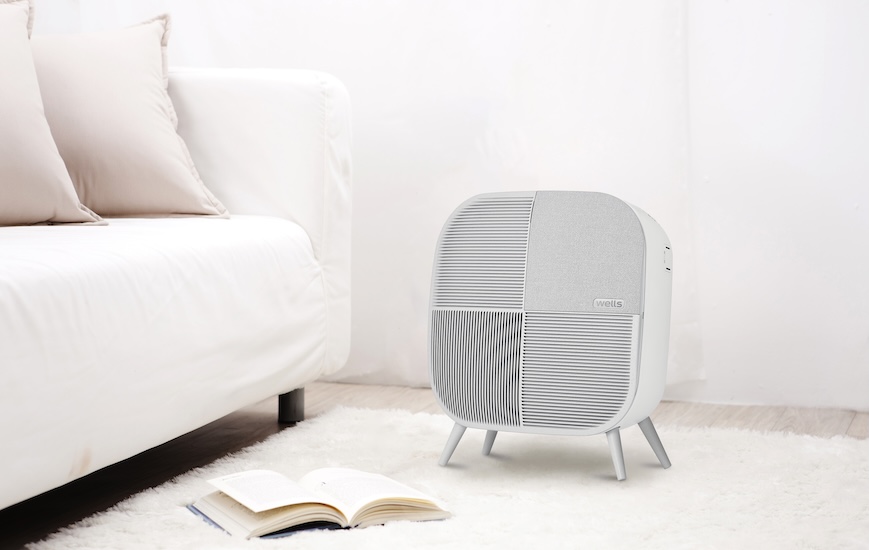
Factors to Consider
When deciding whether to invest in an air purifier, several factors should be taken into account:
- Space Capacity: The effectiveness of the air purifier largely depends on its ability to cover the room size. Be sure to select a model designed for the size of the space you need it moving in. Bigger areas will require more powerful modules or some air purifiers for ideal purity.
- Direct Air Quality Problems: Detail your specific air-quality issues. An air purifier is especially beneficial if you live in an area with high pollution or have dust/mold/pet dander issues at home. Knowing the primary pollutants in your environment will help you decide what type of purifier to get.
- Personal health concerns: Think of any illnesses you might have that could be amplified by bad air quality.For individuals with asthma, allergies, or any other respiratory conditions,an air purifier can make a significant difference. Besides this, good-quality air can be a boon for individuals with weak immune systems or sensitive to pollutants.
Evaluating Needs vs. Costs
To determine if an air purifier is a worthwhile investment, it’s important to weigh the benefits against the costs:
- Assessing Benefits: Consider how much value you place in an air purifier’s ability to improve your life. The investment might make sense solely for health reasons if you suffer from allergies, asthma, or respiratory issues or your family members do. Also, consider how it should offer better sleep, less odor, and comfort.
- Costs: This includes the cost you pay at first, afterward operational costs like electricity and filters, and any other hidden costs like installation or related to increased electricity bills. Put these costs in context with what you could save on healthcare or the length of life for your investments.
- Personal Circumstances: Reflect on your individual circumstances and priorities. If you spend a lot of time indoors, particularly in areas with poor air quality, the investment in an air purifier may be more justified. Conversely, the necessity might be lower if you live in an area with relatively clean air and have no significant health concerns.
Conclusion
When evaluating whether to buy an air purifier, some items to consider include how big the space is, your specific indoor air quality issues, and your health-related issues. Considering the gains versus losses, both obvious and hidden charges, allows you to make a thoughtful conclusion. With the health benefits and overall better quality of life an air purifier can bring, it is money that several people are willing to part with – particularly if you suffer from breathing problems or live in an area with high pollution levels.
Ultimately, air purifiers are a matter of personal need and preference. A detailed examination of your needs and the potential benefits will reveal whether or not it is worth getting an air purification system in your home, making a healthy living space a healthier and more comfortable place to live.


